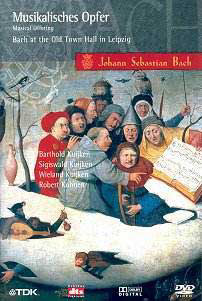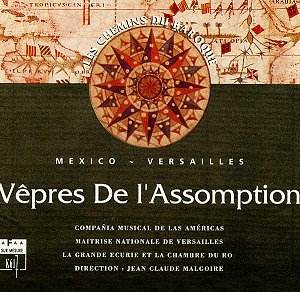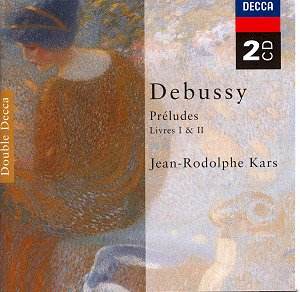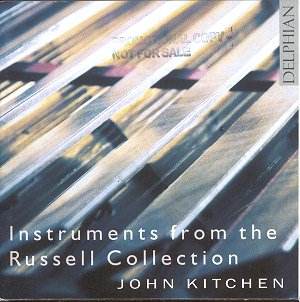 Composer: Johann Sebastian Bach
Composer: Johann Sebastian Bach
Works: Musical Offering BWV 1079
Performers: Barthold Kuijken (flute), Sigiswald Kuijken (violin), Wieland Kuijken (cello), Robert Kohnen (harpsichord)
Recording: July 28, 2000, Old Town Hall, Leipzig
Label: Harmonia Mundi
Bach’s Musical Offering, a remarkable manifestation of counterpoint and thematic development, stands as a testament to his deep engagement with both the intellectual and artistic dimensions of music. Composed in 1747 for Frederick II of Prussia, this work emerged from a spontaneous encounter where Bach, after being presented with a theme by the King, transformed that simple motif into a vast exploration of musical possibilities, showcasing his unparalleled mastery of fugue and canon. The Offering encapsulates not only Bach’s brilliance but also the baroque ethos of combining rigorous compositional techniques with profound expressiveness.
The performance by the Kuijken brothers along with Kohnen provides a nuanced interpretation of this intricate work. The harpsichord’s crisp articulation under Kohnen’s hands allows the polyphonic textures to emerge clearly, facilitating the listener’s appreciation of the interwoven lines. Each canon and fugue is executed with a precision that honors Bach’s elaborate structure while infusing the music with a vibrant, conversational quality. Particularly notable is the Ricercar a 6, where the interplay between the instruments becomes a dialogue that is at once scholarly and deeply human. The performers exhibit a commendable understanding of the music’s architecture, although at times their expressiveness seems restrained, lacking the emotional depth that could elevate the performance beyond mere technical execution.
Recording quality plays a vital role in the listener’s experience of this DVD. The sound engineering offers a rich auditory landscape, with options for stereo, Dolby 5.0, and DTS 5.0, each enhancing the clarity of the individual voices within the ensemble. However, while the technical aspects are laudable, the visual presentation leaves much to be desired. The static nature of the performance—where musicians often appear disengaged—detracts from the overall impact, making it less suited for DVD format, which ideally should combine auditory and visual stimulation. The brief documentary included, while informative, feels inadequately fleshed out given the rich historical context of the work and the extensive background of the performers.
Comparable recordings, such as those by Gustav and Marie Leonhardt, may offer a more dynamic engagement with the music, particularly in their expressive phrasing and interpretative liberties. The current performance, while polished, may not resonate with listeners seeking a more emotive approach. The Kuijken ensemble certainly demonstrates technical prowess, yet their interpretation occasionally borders on the perfunctory, lacking the spark that could bring Bach’s intricate lines to life.
This performance of Musical Offering presents a commendable rendition that showcases the ensemble’s expertise in historically informed performance. While it may not outshine other interpretations available on the market, it serves as a solid entry point for those seeking to explore Bach’s profound musical language through a well-executed, if somewhat uninspired, lens. Ultimately, the recording is a valuable addition for those invested in Bach’s oeuvre, yet it may not fully satisfy those who yearn for a deeper emotional engagement with this timeless masterpiece.



